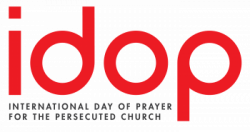A common slogan in the church in Africa is: “Jesus is the answer”. However, it is not always clear what the question is. We may have various presuppositions, mostly about human flourishing and as portrayed by so called prosperity preachers. Our hitching ears tend to hear, what our hearts desire. In this reflection, I want to call our attention to the SIN, SHAME and SUFFERING question for which Jesus is the answer:
SIN – we may know or believe that Jesus died for our sins and the sins of the whole world (John 3:16). The just recompense for sin is death. Jesus Christ, like no other, laid down is life for the sins of humans, and any and all who by faith, trust him as Lord of their lives are saved from eternal damnation (Rom. 6:23).
That means even people committing heinous crimes and cruelty like ISIS can be saved and transformed to be followers of Jesus. St Paul was like an ISIS commando and no wonder he referred to himself as worst of sinners (1Tim 1:15). This statement was not just said in humility; Paul was known for heinous crimes before his encounter with Jesus. He was transformed from being a persecutor of the Church to the greatest activist and champion of the Gospel of Jesus Christ. A hardened criminal on the cross believed in Jesus and was granted eternal life in heaven with Jesus.
SHAME – The means to our salvation was the death of Jesus on the wooden cross, a symbol of shame. Shame was an immediate consequence of human failure. Adam and Eve felt ashamed when they disobeyed God (Gen. 3:7-10). Shame exposes our nakedness, our ugliness, our deceptive hearts, foolishness, and wickedness. Our sins are exposed for all to see. Sin alienates us from God in shame.
Christ bore our shame on the cross (Heb. 12:2). Crucifixion was reserved for the scum of society; slaves, hardened criminals, and enemies of the state. It was considered too horrible and degrading. The preferred means of execution was beheading. Cross was a vulgar word and not used in polite company. On the cross, Jesus experienced such a shame to cover the shame of humanity (1Cor 1:24). Jesus took on our shame of disobedience and reconciles us with God, the Father.
SUFFERING -The origin of human suffering is the fall; a consequence of SIN. Suffering and pain is evil and can no way be romanticized. It is natural to pray: “this is not my portion as a child of the most High God”. However, when we go through suffering and persecution it does not mean it is as direct result of our sins.
Suffering is a harsh reality of our walk with Jesus. Jesus foretells that followers will be persecuted on this world (John 16:33; 2 Tim 3: 12). On the cross, Jesus personally experienced the full range of human suffering. Jesus still bears the scars of his wounds even in his resurrected and glorified body and have become his identifying marks (John 20:20-29).
Healing of pains happens at the cross of Jesus; forgiving those who have wronged us, loving our enemies, and offering our wounds to God. The Cross tells us that God in Christ is one with us in our suffering (Phil. 1:12-14; 3:10-11). When we suffer, God doesn’t stand off, aloof and unconcerned, unable or unwilling to get involved. Jesus did not just suffer and die for us but he did rise from the dead. In a way rose for us and gave us access to that resurrection power. By Christ’s wounds at the Cross we are healed.
Revd. Aiah Foday-Khabenje
General Secretary
Association of Evangelicals in Africa

